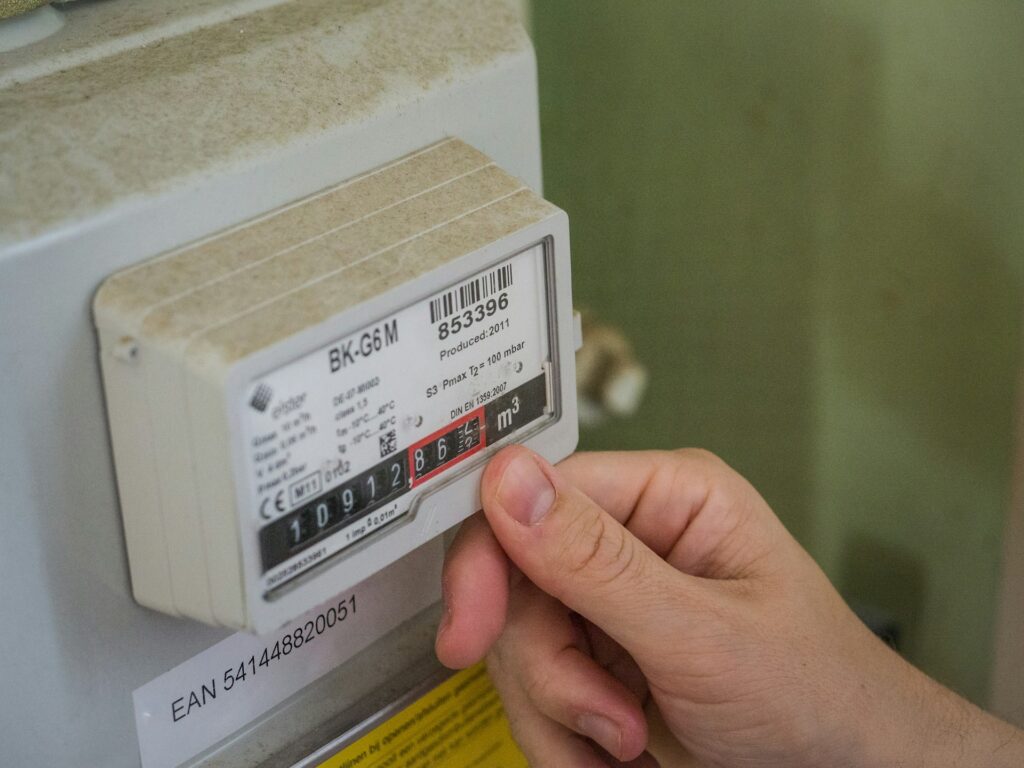Quitting alcohol can be tough, especially with the physical cravings and emotional triggers that come with it. Alcohol dependency builds over time, and stopping can bring challenges like anxiety, irritability, and sleep issues. Many people who try to quit also face social pressures, making the journey even harder.
Excessive drinking affects nearly every part of your body. Long-term alcohol use can lead to liver disease, heart issues, and even certain cancers. Each year, around 95,000 people in the U.S. die from alcohol-related causes—a sobering reminder of the impact alcohol can have on your skin, health, and life.
If you’re looking to reduce or quit, know that you’re not alone. Many people have successfully cut back or quit alcohol altogether, and with the right tools, tips, and support, you can too!
How can I quit alcohol for good?
1. Identify your triggers
- How-to: Reflect on when and why you drink. Write down the times, places, and emotions that lead to drinking. This helps you recognize patterns, like stress after work or social gatherings, and lets you plan alternatives, such as calling a friend instead.
- How it helps: Knowing your triggers helps you preemptively avoid them or find healthier coping mechanisms. Self-awareness of these habits also aids in reducing the impulse to drink, empowering you to make conscious choices.
2. Plan healthy distractions
- How-to: Plan activities that engage your mind and body, like exercise, cooking, or hobbies. Many find a physical activity, like walking or yoga, particularly effective in diverting attention from cravings.
- How it helps: Engaging in healthy distractions keeps you busy during vulnerable moments. Physical activities also release endorphins, which elevate mood and make the process of quitting feel rewarding rather than restrictive. Besides, exercise will help you grow taller naturally.

3. Build a support system
- How-to: Connect with friends, family, or join support groups like Alcoholics Anonymous (AA). If in-person meetings feel challenging, try online communities where you can share your journey and get encouragement.
- How it helps: Support systems offer accountability and camaraderie. Having people who understand or support your goals is crucial for motivation and reassurance during challenging moments.
4. Replace the habit gradually
- How-to: Gradually reduce the amount and frequency of drinking instead of stopping abruptly. For example, replace alcoholic drinks with non-alcoholic ones or limit drinking days.
- How it helps: Gradual reduction helps your body adapt to the change, reducing the severity of withdrawal symptoms and making it easier to eventually quit entirely.
5. Identify and address underlying issues
- How-to: Recognize if you’re using alcohol to cope with deeper issues like stress, anxiety, or depression. Consider therapy to address these factors directly.
- How it helps: By tackling the root causes of your drinking, you’re more likely to find effective coping strategies that don’t rely on alcohol, creating a stronger foundation for long-term sobriety.
6. Practice mindfulness and meditation
- How-to: Use meditation and breathing exercises to center your mind and reduce stress. For instance, try deep breathing for a few minutes daily to control urges.
- How it helps: Mindfulness techniques calm your nervous system, making you more aware of your body’s cravings without acting on them. This method builds resilience over time, giving you better control over your impulses, and even helping you control anger and stay calm.

7. Set clear goals and rewards
- How-to: Define small, measurable goals, like one week or one month without alcohol, and reward yourself with a non-alcoholic treat or activity after each goal is met.
- How it helps: Having a goal structure keeps you motivated and lets you celebrate progress, reinforcing the positive aspects of quitting. This helps turn the journey into a rewarding challenge rather than a deprivation. This strategy helps people quit smoking.
8. Seek medical or professional support
- How-to: If withdrawal symptoms are severe, consult a healthcare provider for medications or therapy options that ease the transition, like counseling or supervised detox.
- How it helps: Professional support ensures that you’re managing withdrawal safely and reduces the risk of relapse. Medication or therapy can also offer structured tools that make sobriety feel more achievable.
9. Prepare for relapse triggers
- How-to: Anticipate situations that may prompt a relapse, like social gatherings with alcohol. Plan for these events by rehearsing responses or bringing a non-alcoholic drink.
- How it helps: This proactive approach helps you navigate challenging environments without giving in, reduces anxiety, and gives you a sense of control over decisions.
10. Focus on health improvements
- How-to: Track physical improvements, like better sleep and increased energy, that come with not drinking. Use a journal to log these benefits.
- How it helps: Noticing the physical and mental benefits of quitting reinforces your motivation. Tracking these changes reminds you of the positive impact of quitting, making the process feel gratifying rather than restrictive. You could also wake up early and go for a run.
These strategies provide a solid foundation for reducing or stopping alcohol consumption. Whether it’s building new habits or finding supportive communities, these steps can make a significant difference in your journey to sobriety!
How can I avoid alcohol consumption?
- Reassess your social spaces: Spend more time in environments that don’t center around alcohol. This might mean swapping out happy hours for coffee meet-ups or finding social gatherings in places that don’t serve alcohol. By removing yourself from “drinking culture” environments, you can avoid or quit alcohol easily.
- Plan a distraction for cravings: Cravings typically only last a few minutes, so plan an activity to redirect your focus when one hits. Try a brief physical activity, a quick breathing exercise, or even a puzzle.
- Set up a healthy ritual: Replace your drinking routine with a non-alcoholic ritual that feels relaxing and enjoyable. For example, if you used to pour a drink to unwind, switch it up with a favorite tea or sparkling water.
- Have a supportive “No” ready: Prepare a quick, polite way to decline a drink. Having a confident “No, thanks!” ready can make it easier to resist social pressure. The more you practice this, the less you’ll feel caught off guard.
- Focus on your “Why”: Write down the reasons you want to avoid alcohol and keep them accessible. Remind yourself of these reasons daily and during tempting moments, whether it’s for your health, relationships, or personal goals.
These tips will help you regain control, boost confidence as you step away from alcohol, and enjoy a healthier lifestyle. By following simple, practical steps, you’ll find it easier to resist urges and stay committed to your goals.
Remember, quitting is a journey that gets easier as you build strong, supportive habits. Celebrate each small victory, and keep your reasons for quitting front and center!
For additional support, don’t hesitate to contact a local government helpline for further guidance and assistance.

